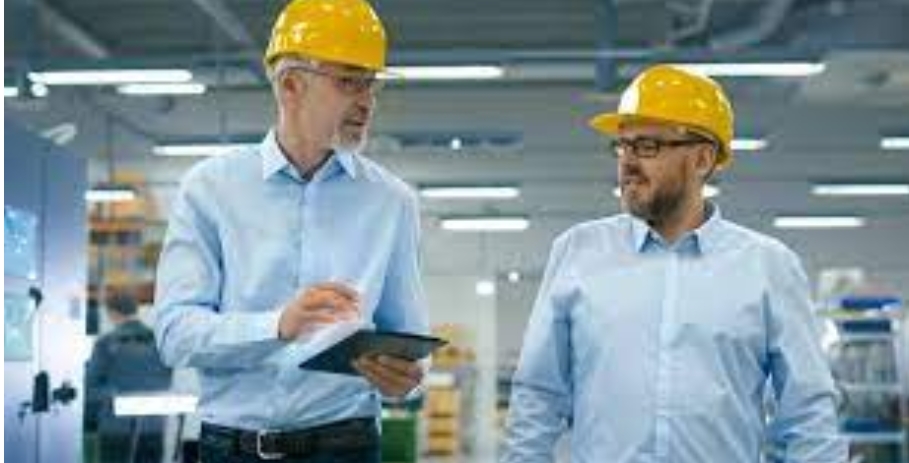Importance of Gas Safety in Commercial Buildings
Gas safety is crucial in commercial buildings, where the risks associated with gas leaks or malfunctions can be significant. These risks include potential explosions, fires, and health hazards from toxic fumes. Ensuring that gas systems are functioning correctly not only protects people but also helps prevent costly damage to property. Obtaining a Gas Certificate London is a key part of a proactive approach to gas safety, involving regular inspections and maintenance to ensure compliance and safety.
Regular Inspections
Routine inspections are the cornerstone of gas safety. They help identify potential issues before they become serious problems. Inspections should be carried out by qualified professionals who can thoroughly check all gas appliances, pipes, and connections.
During an inspection, the technician will examine the condition of the gas lines, look for any signs of leaks, and ensure that all equipment is operating safely and efficiently. They will also check that ventilation systems are working properly, as adequate ventilation is crucial to prevent the buildup of harmful gases.
Maintenance Procedures
Routine maintenance is equally important in ensuring gas safety. Regular maintenance helps keep equipment running smoothly and can extend its lifespan. This includes tasks such as cleaning burners, checking for leaks, and ensuring that safety controls are functioning correctly.
Scheduled maintenance should be performed according to the manufacturer’s recommendations and any relevant regulations. Keeping a maintenance log is also important; it provides a record of all checks and repairs and can be useful for compliance purposes.
Compliance with Regulations
Compliance with gas safety regulations is not only a legal requirement but also a critical aspect of maintaining a safe environment in commercial buildings. Regulations may vary depending on the location, but they generally require that gas systems are regularly inspected and maintained by certified professionals.
It’s important for building managers and owners to stay informed about current regulations and ensure that their gas systems meet all legal requirements. Failure to comply can result in serious consequences, including fines and increased risk of accidents.
Safety Training and Awareness
Educating staff and tenants about gas safety is another key component of a comprehensive safety strategy. This includes training on how to recognize signs of a gas leak, understanding emergency procedures, and knowing how to operate gas appliances safely.
Regular safety drills can help ensure that everyone knows what to do in the event of a gas-related emergency. Additionally, clear signage and easy access to emergency shut-off valves can help prevent accidents and minimize damage in case of a leak.
Emergency Preparedness
Despite the best efforts in inspections, maintenance, and training, emergencies can still occur. Having a well-defined emergency plan is essential for managing gas-related incidents. This plan should include procedures for evacuating the building, contacting emergency services, and shutting off the gas supply if necessary.
It’s also important to have emergency contact numbers readily available and to ensure that all staff members are familiar with the plan. Regular drills and reviews of the emergency plan can help keep everyone prepared for any situation.
Conclusion
Gas safety in commercial buildings is a critical issue that requires diligent attention to inspections, maintenance, and compliance with regulations. By ensuring that gas systems are regularly checked and properly maintained, building managers and owners can significantly reduce the risks associated with gas leaks and other hazards. Compliance with legal requirements is essential for avoiding penalties and ensuring a safe environment for everyone in the building.For comprehensive support with safety inspections and compliance, consider reaching out to London Property Inspections. Educating staff and having a robust emergency plan further enhances safety and preparedness. By taking these steps, commercial buildings can maintain a safe and secure environment, protecting both people and property from the dangers associated with gas systems, If you want to stay updated with posts like this, please follow us on Entrepreneurs Times.






